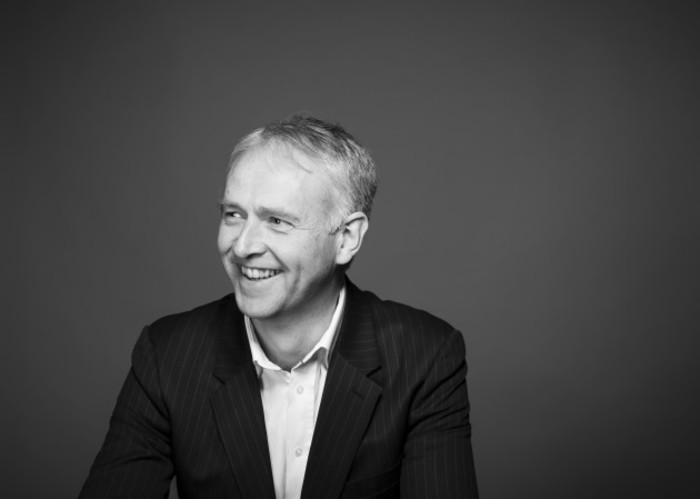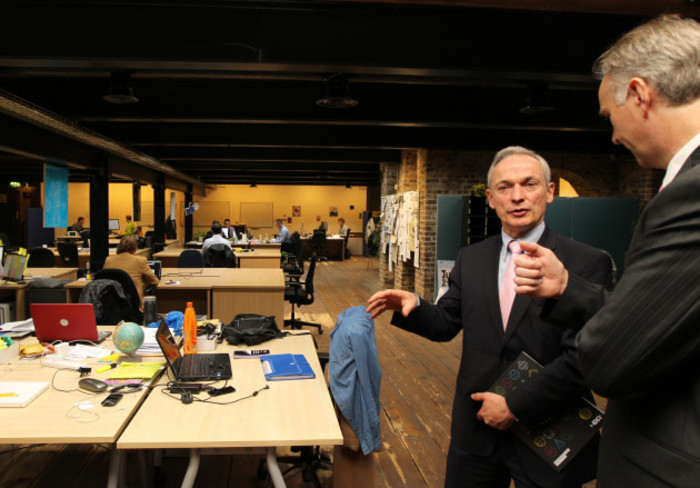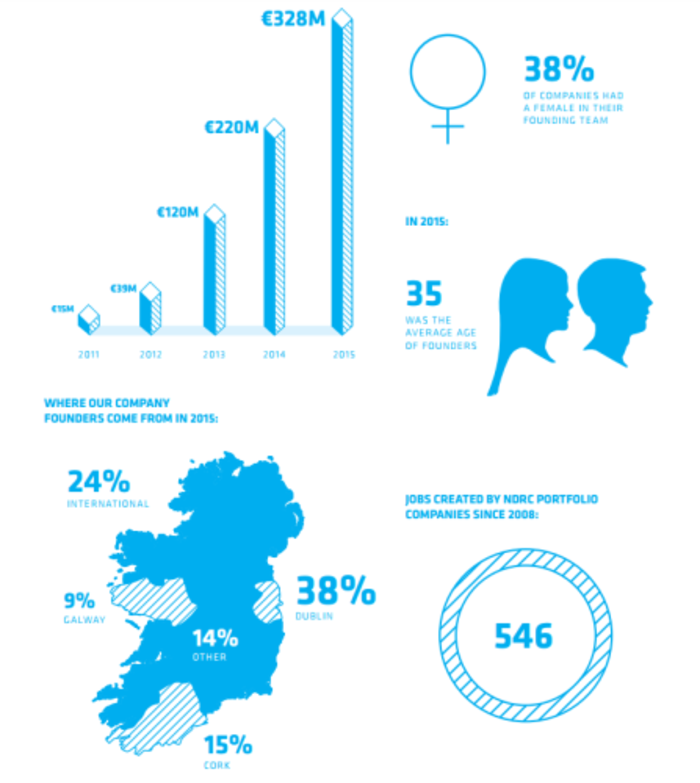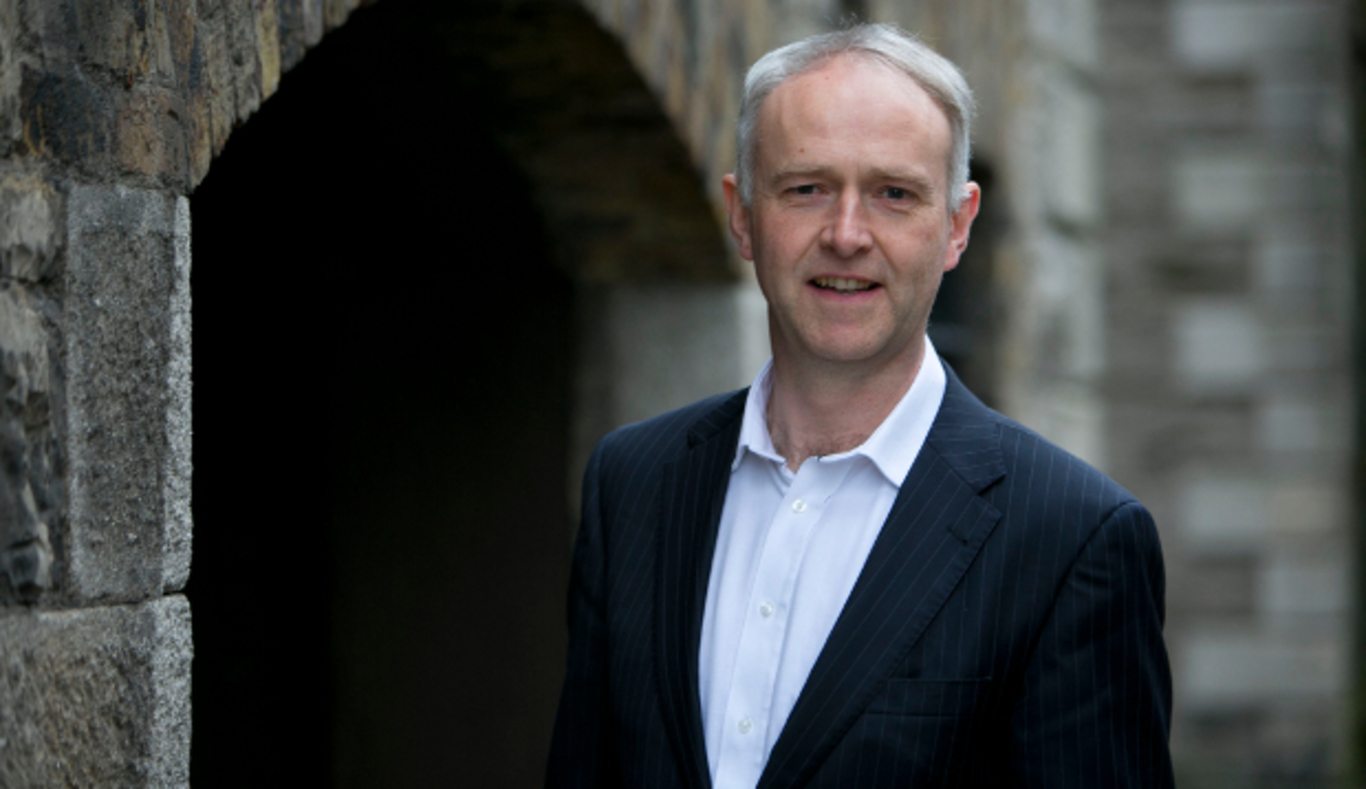'We can't rely on FDI forever, we need to create the next tech giants'
NDRC’s Ben Hurley says Ireland should do more with its “innate entrepreneurial spirit”.
OVER THE PAST decade, Ben Hurley has seen the organisation he heads in a constant state of transition.
Set up in 2007 as the National Digital Research Centre, the entity now known as simply NDRC has long since made the transition from commercialising research to becoming one of Europe’s top startup accelerators.
“I’m with NDRC since the outset and we have changed significantly over that period of time,” Hurley tells Fora.
“It has all been reactive to what we see happening. I can see that happening again over the next 10 years.”
Not every nascent tech company to come through NDRC’s doors in Dublin’s Digital Hub has gone on to greatness, but the 200-plus firms it has supported with mentoring and investment programmes already includes some notable successes.
Roughly half those startups have secured later-stage investment, and it has backed winners like Logentries – sold for €63 million in 2015 – and Boxever, which has raised more than $22 million from investors.
At the end of 2015, the market cap of the companies in the government-funded organisation’s portfolio stood at €328 million – up from €220 million the year before.
And the next major shift for NDRC, according to Hurley, is already well in the pipeline.
This year the accelerator will take a larger focus on pre-seed investment – backing earlier-stage companies – and it is in the process of recruitment for personnel to handle the new investment wing.
 NDRC's Ben Hurley
NDRC's Ben Hurley
More pre-accelerators
While there remains a dearth of accelerators in Ireland, compared to many other self-styled startup hubs overseas, Hurley says we shouldn’t “rag on” the state of the indigenous tech ecosystem.
Nevertheless, he believes it’s time for Irish innovators to step up and do their bit to wean the Republic off its reliance on long-established industries and overseas investment to deliver jobs.
“My own personal view is, as an economy, we can’t rely alone on either existing Irish companies continuing to do great forever or on FDI (foreign direct investment). We need to have that new generation of entrepreneurs coming through.
“We have been largely driven by FDI and producers in areas like food and tech manufacturing. As a country with an innate entrepreneurial spirit, we need to figure out how we make it possible for more of those entrepreneurs to start scalable stuff at early stages.”
NDRC’s pre-seed funding push this year will also be backed up with more pre-accelerators – events for those firms and entrepreneurs not ready for full-blown startup programmes.
Last year, the organisation hosted similar sessions for fledgling health technology and fintech companies to help them get investor-ready.
 NDRC's co-working space
NDRC's co-working space
Not a scene
One thing that could help the Irish startup sector as a whole would be for it to be treated more seriously, adds Hurley.
“People refer to the startup ecosystem in Ireland as being a scene rather than a phase of a company’s development or a sector of the economy.
“I think it’s important to realise we are talking about real businesses here, and we need to assess if what we’re producing are long-term viable businesses.”
With limited resources – NDRC’s income in 2015 totalled just over €4 million, mostly from state coffers – the organisation is forced to be highly selective where it invests its time and money.
Hurley says some while some sectors go through periods of favour - like fintech’s present place in the sun - his only interest is in getting behind startups that have the potential to reach significant scale.
“I suppose we want to step around the frothy part and look at where there is real depth. So yes, fintech is an interesting term at the moment and a huge sector, but we want to scope out where the real opportunities are.
“It’s not just about throwing out numbers of ventures in a particular sector, it’s about getting the quality ones.”

Second bite
Only one in 10 companies that apply for NDRC’s acceleration programmes make the cut, but all is not lost for those that suffer rejection.
Soundwave, which was acquired by Spotify last year, was one of the startups that had to return for a second pitch after failing on its first attempt.
“Sometimes it can take people a few pitches to us to get in. If we don’t see something in a business plan, we let people know that and where the weakness stems in their proposition,” Hurley says.
“Each time they come to us, we’re investing in an open market context. It isn’t a case of third time and you get in. Each time people come back they are competing against other new quality startups.”





